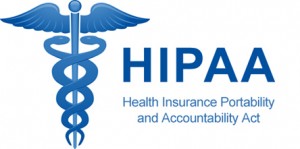Looking Toward Next Week: Compliance in Healthcare

We just wanted to say thank you to everyone who sent us comments regarding last weeks learning series on proposal writing. Please join us this upcoming week when we focus on compliance in healthcare.
Not only will we be taking a look at some of the most newsworthy compliance issues, but will also work toward understanding just how pervasive and all encompassing- not to mention impactful- healthcare compliance is. Please join us to learn what being certified in healthcare compliance can mean for an organization, and how you can benefit from the variety of healthcare compliance associations which are out there.
Roadblocks To Compliance
Why Compliance Matters So Much
We look forward to sharing with you this upcoming week!





